Listen
‘What country, friends, is this?’ We’ve been wrestling with Viola’s question almost from the moment she asked it. It was barely a year after Shakespeare had scribbled out those words, in the first Act of Twelfth Night, that James VI of Scotland inherited England’s throne, beginning a 400-year confusion over national identity that has led to the present referendum on partition.
The new monarch wanted to amalgamate his two realms. In his first address to the House of Commons, James asked — in his noticeably Scottish accent — ‘Hath not God first united these kingdoms, both in language and religion and similitude of manners? Hath He not made us all in one island, compassed by one sea?’ The border, the king declared, had always been artificial, and had now disappeared. Shakespeare, whom the king sponsored, seems to have agreed. None of the characters in Macbeth, the world’s most famous Scottish play, spouts Scottishisms. The bard, like his patron, was more struck by the similarities between the two nations than by the differences.
People sometimes imagine that England swallowed up its smaller neighbour, but contemporary accounts tell a very different story. While Scots saw opportunities in their sovereign’s new dominion, many Englishmen felt almost as though they were being invaded. Landless Scottish lairds, they complained, were swarming south with their sovereign, snapping up titles and sinecures. While English MPs couldn’t stop James rewarding his favourites, they could deny him the title he craved: ‘King of Great Britain’.
But as he observed, the Union of Crowns was not the takeover of one country by another — but the fusion of a people already bound together by language, idioms, ideals and a worldview. It is a point that today’s unionists make far too little as they try to save the country. They attempt to confront the nationalists by talking about cash, oil and EU membership. But there is a more obvious case for the Union — that because of our shared language and heritage we have the same outlook. And in both countries, the biggest single cultural debt is owed to man whose 450th anniversary we are about to celebrate.
Patriots began appropriating Shakespeare almost as soon as he died. Tellingly, however, he was not seen only as an English totem. In the first collection of his works, published in 1623, his contemporary Ben Jonson made a famous dedication, which opened with the following couplet:
Triumph, my Britaine, thou hast one to showe,
To whom all Scenes of Europe homage owe.
It’s true that Shakespeare lived and died as an Englishman: the ‘Britaine’ of which Jonson wrote would be only a geographical expression for another 80 years. And it’s natural, given the way he towers over other writers, that the English should be proud of him. The date by custom given for both his birth and his death is 23 April, St George’s day.
Some Scots, equally naturally, react by asserting a separate literary tradition: their ‘Bard’ is Burns. The rivalry is an old one. The first performance of a work by John Home in Edinburgh in 1756 is now mainly remembered for the cry it elicited from the rapturous audience: ‘Whaur’s yer Wullie Shakespeare noo?’ Even then, however, Shakespeare was appreciated on both sides of the border. A year earlier, the Scottish publishers Hamilton & Balfour didn’t include Shakespeare in their Select Collection of English Plays, since ‘The Works of this Author are presumed to be in every Body’s Hands.’
Shakespeare’s relationship with England, like most things about him, defies categorisation. He set many more plays in Europe than in the British Isles, and the references to Englishmen in those plays are often slighting. They get a glancing mention in Hamlet as madmen, for example, and another in Othello as drunks.
Shakespeare has undoubtedly given English patriots their best lines: John of Gaunt’s deathbed soliloquy in Richard II (‘This sceptr’d isle’) and Henry V’s two wonderful exhortations to his soldiers (‘Once more unto the breach, dear friends, once more’ and ‘We few, we happy few’). Yet none of these passages is straightforward. John of Gaunt’s speech is a threnody, a lament for his subordinated homeland, while King Henry’s patriotism is juxtaposed with his habitual bullying tone.
Henry V is a fine example of Shakespeare’s ability to argue both sides of a case better than their actual exponents. His ambiguity — what Keats called his ‘negative capability’ — makes him inexhaustible. Look at the way Shakespeare portrays the English soldiery: quarrelsome, brave, drunk, loyal, stoical, uncouth, uncomplaining. An English audience, recognising itself, cheers even as it flinches. But the foreign theatregoer often finds his prejudices confirmed: that’s the English for you, he thinks, hooligans in every age.
Shakespeare regularly tops the polls as the greatest symbol of both Englishness and Britishness. No surprise there. What is surprising, perhaps, is to see how many Spaniards, Dutchmen, Japanese and others have claimed to detect in him the peculiar sensibilities of their own nations. Germans, unsurprisingly, took the tendency furthest. Tieck, Novalis and Schlegel adopted ‘Unser Shakespeare’ as a kind of spiritual Teuton. Goethe, who built a theatre to stage the plays, before eventually deciding that Shakespeare’s words were too numinous to be acted, and should only be read as poetry, wondered how the greatest of all German writers had come to be born in the wrong place.
Some years ago, when I was a Telegraph leader writer, we were pondering the latest of these claims: a book by an Italian professor arguing that the language and setting of the plays clearly identified Shakespeare as a Sicilian, and that he had been born in Messina as Michelangelo Florio Crollalanza. We were having fun with the thesis when Andrew McKie, our Glaswegian colleague, declared definitively that Shakespeare was Scottish. Was there, the rest of us asked, any evidence to support this theory? ‘Why,’ replied Andrew, surprised, ‘the ability of the man.’
That ability is easier to identify than to explain. It lies in the way Shakespeare’s words seem peculiarly apt to our circumstances. The same passage can speak to us in different, even contradictory, ways at different moments in our lives. How this sorcery works, I have no idea, and a lifetime of watching the plays has brought me no closer to an answer. But if you know the works, you’ll know what I mean.
The first time my wife and I were able to get out for an evening after the birth of our elder daughter, we watched The Tempest at the Roundhouse. It was the sixth time I had seen the play, or the seventh if you count John Gielgud’s Prospero’s Books, but not until then did it strike me — and I wondered how I had missed it before — that I was really watching a play about Prospero’s conflicted emotions as his little girl grew up. Next time, no doubt, it will be about something else entirely.
The pertinence of the oeuvre can be uncanny. I have started a Twitter hashtag, #Nothing-EscapesShakepeare, in which that unfathomable intelligence opines on current headlines on everything from the refusal of Syria’s government and rebels to negotiate (‘Nay, stand thou back! I will not budge a foot: this be Damascus’) to the backbench protests when the Hereford MP, Jesse Norman, was demoted (‘the Commons they are cold and will, I fear, revolt on Hereford’s side’).
Radicals and conservatives, monarchists and republicans, atheists and Christians — all have claimed, with conviction, that Shakespeare was one of them (G.K. Chesterton was convinced that he was a fellow Catholic). And in a sense, all were right. Or rather, as T.S. Eliot put it, the most any of us can hope for is to be wrong about Shakespeare in a new way.
Part of the magic lies in his sheer lyrical ability. Even the incidental lines pulse with poetry. Never mind the famous set-pieces. Consider some of the minor remarks in Henry V, since we were talking about it, though almost any play would illustrate the point. ‘Unwind your bloody flag.’ ‘The sun doth gild our armour, up my lords!’ ‘You have witchcraft in your lips, Kate.’ Such passages, in the mouths of actors who appreciate cadence, are like words of power, incantations.
And it is here that Shakespeare has something special to say to the Anglophones, rather than just the English. We talk of a people being shaped by their language, yet here is a language shaped by a person.
English-speakers often grope for Shakespeare’s lines when nothing else will do. Daniel Patrick Moynihan reacted to John F. Kennedy’s assassination with ‘Our revels now are ended’. Roy Hattersley remembered that at his primary school, they greeted the news of the retreat from Dunkirk by chanting, ‘Come the three corners of the world in arms, and we shall shock them!’
Across the British isles, we quote Shakespeare a hundred times a day, though we rarely notice it. We quote him whenever we see a sorry sight, or detect foul play (or, come to that, fair play). We quote him when we find ourselves in a pickle, or in stitches, when we can’t sleep a wink, or have our teeth set on edge. We quote him when the better part of valour is discretion, or when we dance attendance — possibly on someone hot-blooded, or stony-hearted or dead as a doornail. We quote him every time we say ‘at one fell swoop’ or ‘all of a sudden’, ‘truth will out’ or ‘woe is me’, ‘a sea-change’ or ‘a fool’s paradise’, ‘more in sorrow than in anger’ or ‘more sinned against than sinning’, ‘too much of a good thing’ or ‘the be all and the end all’.
We quote him, too, whenever we say ‘eyeball’ or ‘torture’ or ‘moonbeam’ or ‘fashionable’ or ‘scuffle’ or ‘swagger’ or any of the countless new-fangled words he invented (including, come to think of it, ‘countless’ and ‘new-fangled’).
Through our words, he defines our consciousness — and indeed, our identity. ‘We must be free or die, who speak the tongue/ That Shakespeare spake: the faith and morals hold/ Which Milton held’, averred Wordsworth. By ‘we’, Wordsworth meant the British — though he might as easily have included the rest of the Anglosphere, for whom Shakespeare’s sublime words come without intermediation.
His canon is our Torah — a work which defines us while at the same time speaking universal truths to mankind. This is a year of many anniversaries: Bannockburn, of course, but also the first world war to which Scots contributed so disproportionately. But as the referendum approaches, people on both sides of the border have good reason to be grateful for the birth of the man who defined our culture — the most complete human being ever to have lived.
Got something to add? Join the discussion and comment below.
Get 10 issues for just $10
Subscribe to The Spectator Australia today for the next 10 magazine issues, plus full online access, for just $10.
Daniel Hannan is a Conservative MEP. His book How We Invented Freedom and Why It Matters is published by Head of Zeus
You might disagree with half of it, but you’ll enjoy reading all of it. Try your first month for free, then just $2 a week for the remainder of your first year.

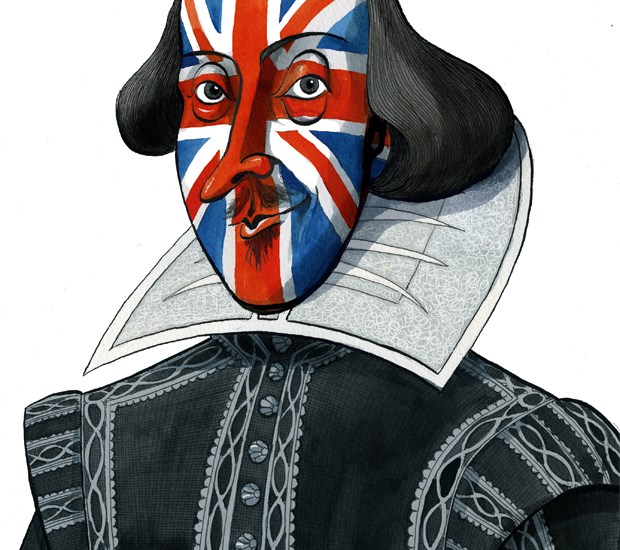
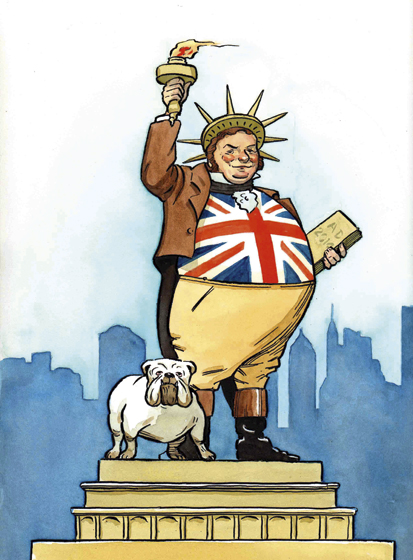
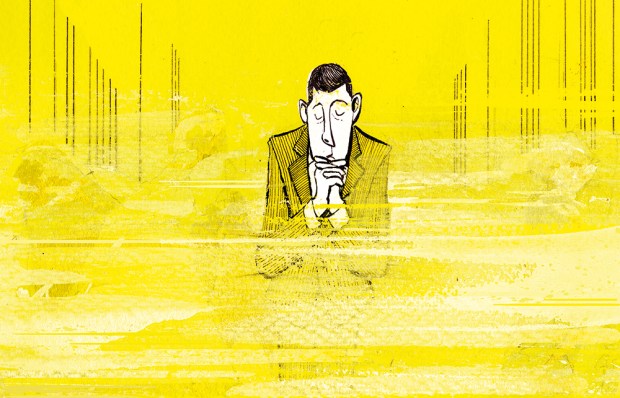
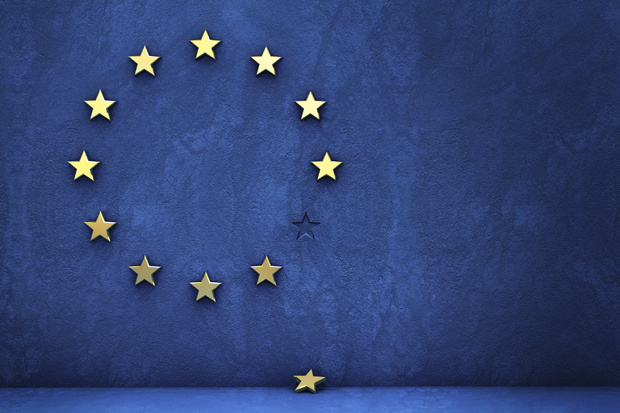
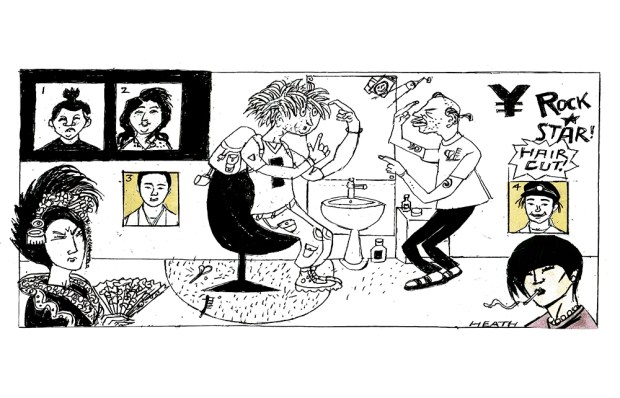
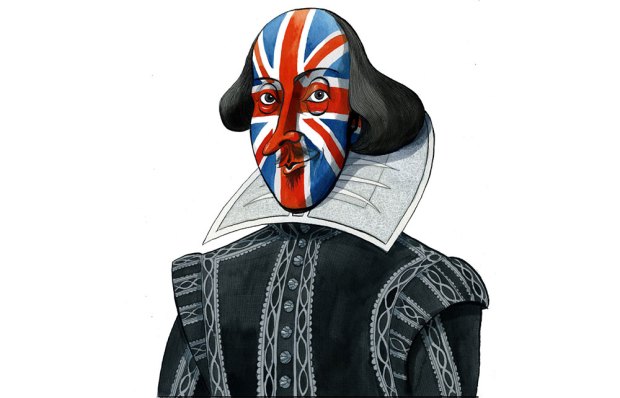
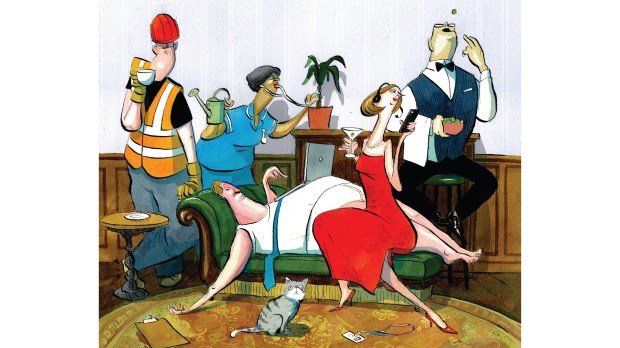






Comments
Don't miss out
Join the conversation with other Spectator Australia readers. Subscribe to leave a comment.
SUBSCRIBEAlready a subscriber? Log in